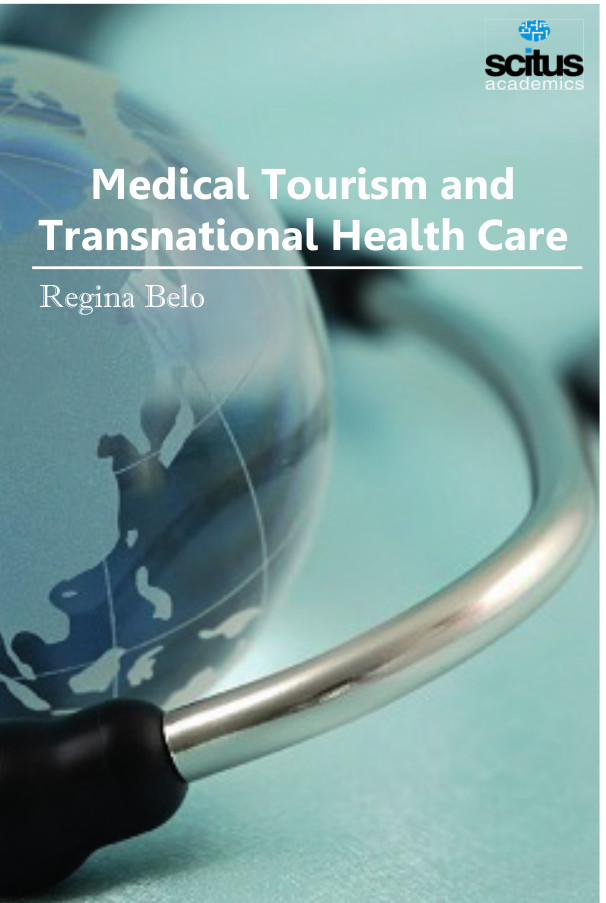Medical tourism refers to the travel of people to another country for the purpose of obtaining medical treatment in that country. Traditionally, people would travel from less-developed countries to major medical centers in highly developed countries for medical treatment that was unavailable in their own communities; the recent trend is for people to travel from developed countries to thirdworld countries for medical treatments because of cost consideration, though the traditional pattern still continues. Another reason for travel for medical treatment is that some treatments may not be legal in the home country, such as some fertility procedures.
The phenomenon of transnational health care has grown rapidly over recent years Medical Tourism and Transnational Health Care attempts to capture its implications for existing bodies of knowledge in selected aspects of medicine, medical ethics, health policy and management, and tourism studies.
As healthcare costs in the US and other parts of the world are excessively soaring, many employers and insurance companies started to view medical tourism as a way to lower them. More and more countries around the globe start to see the financial benefits from this emerging market, so they offer premium medical services at notably lower prices. The primary reason that clinics and hospitals in the developing countries are able to lower their prices is directly related to the nation’s economic status. The direct correlation with per capita gross domestic product of the country is observed, which is a proxy for income levels. As a consequence, surgery prices are from 30% to 70% lower in the countries that are promoting medical tourism when compared to the US. The global growth in the flow of patients and health professionals as well as medical technology, capital funding and regulatory regimes across national borders has given rise to new patterns of consumption and production of healthcare services over recent decades.













